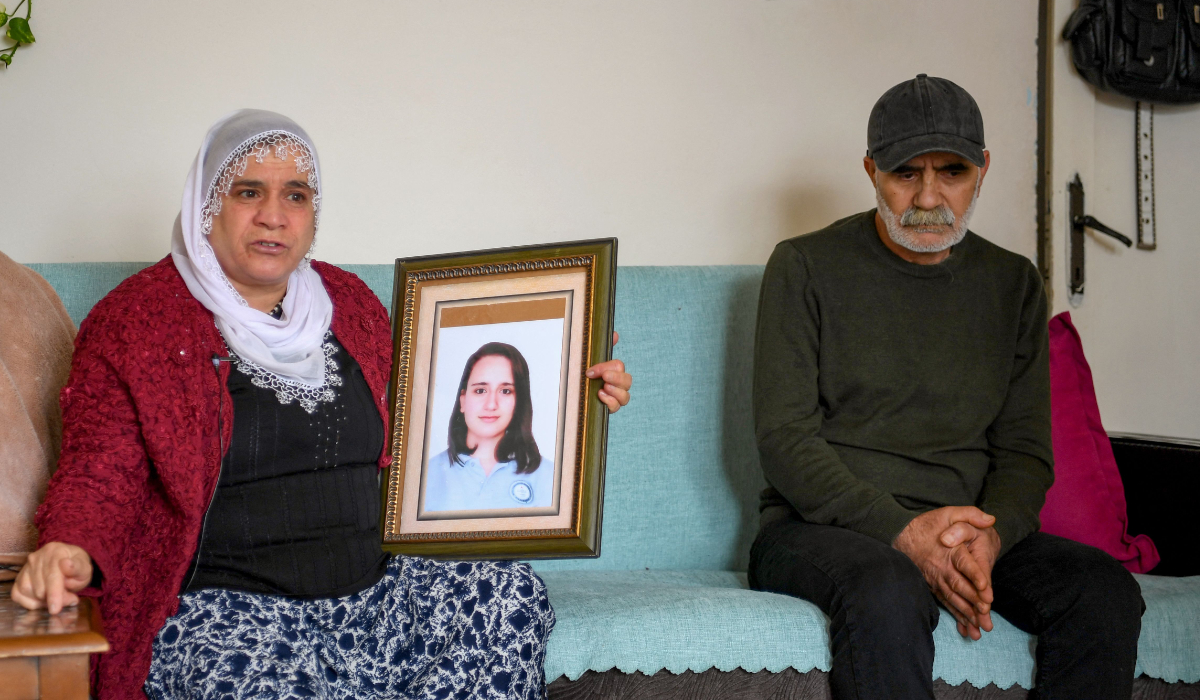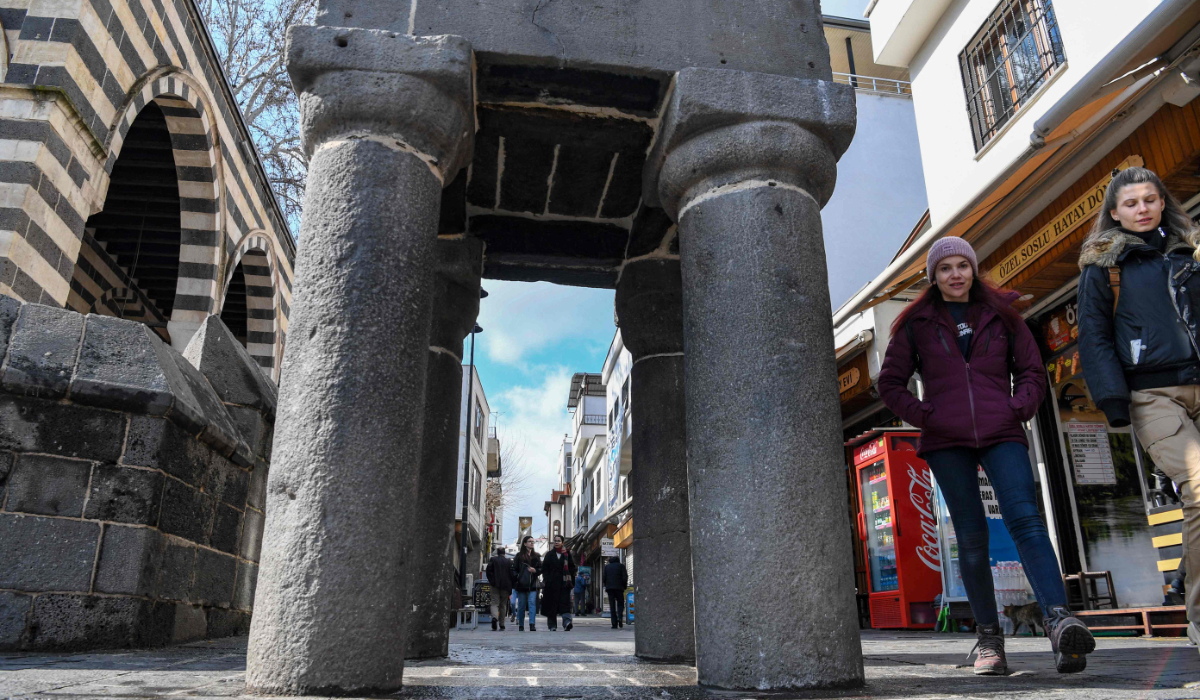RAMALLAH: Palestinian President Mahmoud Abbas said Israel and the US were responsible for an attack that killed dozens in the Gaza Strip on Saturday, but the Western-backed leader also blamed Hamas for the continuing war in Gaza.
His comments signal rising tension between Abbas’s Fatah faction and the Islamist Hamas group, which accused the Palestinian president of taking Israel’s side.
Israel said the attack was aimed at killing the Hamas military chief Mohammad Deif and his aide. It remained unclear whether Deif or his deputy were killed in the strike that left at least 90 Palestinians dead and 300 wounded, according to Gaza health ministry.
“The Palestinian presidency condemns the slaughter and holds the Israeli government fully responsible, also the US administration that provides all kinds of support to the occupation and its crimes,” said Abbas in a statement published by his office.
But Abbas, whose authority maintains a limited self-rule in the Israeli-occupied West Bank, assigned some blame to Hamas, whose Oct 7 attack inside Israel, in which 1,200 people were killed and around 250 others were abducted, kicked off the nine-month war in Gaza.
“The presidency sees that by escaping national unity, and providing free pretexts to the occupation state, the Hamas movement is a partner in bearing legal, moral and political responsibility for the continuation of the Israeli war of genocide in Gaza Strip,” the statement said.
Hamas has run Gaza since its 2007 takeover of the coastal territory from Abbas loyalists.
Senior Hamas official Sami Abu Zuhri told Reuters Abbas’s statement meant the Palestinian Authority “has chosen to be in the same trench with the occupation.”
“Such an attitude will not succeed in blackmailing the resistance or pressuring it,” said Abu Zuhri.
Efforts by Arab mediators, led by Egypt, have so far failed to reconcile power struggles between the two sides.
Another Hamas leader, Basem Naim, who took part in previous reconciliation talks with Abbas’s Fatah faction, said Abbas was to blame for the failure to reach a unity deal.
Naim said Abbas’s comments made him and his authority “partner to the Zioinist enemy and its crimes not only in Gaza but also in all of the Palestinian land.”
Palestinian president Abbas blames Hamas for continuing war in Gaza
https://arab.news/rynbq
Palestinian president Abbas blames Hamas for continuing war in Gaza

- His comments signal rising tension between Abbas’s Fatah faction and the Islamist Hamas group































